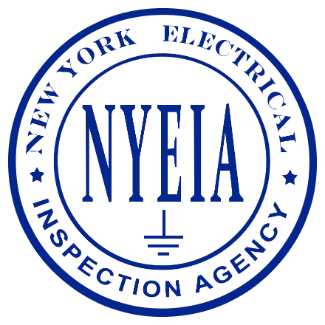When planning construction, renovations, or repairs in New York State, it’s critical for homeowners and contractors to understand the legal requirements surrounding building permits. Under Section 1203.3 of Title 19 of the New York Codes, Rules and Regulations (NYCRR), all municipalities must establish a program for enforcing the New York State Uniform Fire Prevention and Building Code (Uniform Code) and the State Energy Conservation Construction Code (Energy Code). A key part of this program involves issuing building permits.
When Is a Building Permit Required?
Per NYS law, any work that must comply with the Uniform Code or the Energy Code requires a building permit, unless it falls under one of the exemptions allowed by the authority having jurisdiction (AHJ), such as a town, city, or village.
However, even if the state allows certain exemptions, it is up to each municipality to decide whether to honor these exemptions. Therefore, what may not require a permit in one municipality might very well require one in another.
Permit Exemptions: What May Be Excluded
Section 1203.3 allows municipalities to exempt the following types of work only if the local code enforcement program explicitly states so:
- Small Detached Structures: One-story sheds, playhouses, or similar buildings under 144 sq ft for one- or two-family homes or townhouses.
- Temporary Sets: Scenery or structures used in film, television, or theater.
- Window Awnings: When attached to one- or two-family dwellings or townhouses.
- Short Partitions: Movable interior partitions under 5 feet 9 inches in height.
- Finish Work: Painting, tiling, wallpapering, carpeting, and similar surface finish work.
- Portable Equipment: Listed portable HVAC, plumbing, or electrical appliances.
- Equipment Replacement: Replacing equipment without altering its listing or original specifications.
- Minor Repairs: Only if they do not affect:
- Structural systems
- Required means of egress
- Fire protection systems
Important Note: An exemption from a permit does not mean the work can be done in a way that violates the building code. All work must still comply with the Codes even if a permit is not required.
Permit Application Requirements
When a permit is required, the application must include enough information for the local building department to verify compliance with the Codes. Typical requirements include:
- Description of the proposed work
- Location, address, and/or the tax map number
- Occupancy classification of affected structures
- Construction documents (scaled drawings, specifications)
- Professional seals from licensed design professionals (if applicable)
- Site plans, energy code compliance statements, and other supporting documentation
These documents help code officials determine that the work complies with safety, structural, fire protection, egress, energy, and zoning standards.
Keep in Mind: Local Rules May Be Stricter
While the state outlines minimum standards, your local municipality may enforce stricter requirements. For example, your town may:
- Require permits for small sheds under 144 sq ft
- Mandate permits for specific types of electrical or plumbing replacements
- Have additional zoning or historical district considerations
Therefore, always contact the local building department before starting any work to verify what requires a permit in your area.
What Happens After You Apply?
Once your application is submitted:
- Local officials will review your construction documents.
- If approved, your documents will be stamped and a building permit will be issued.
- The permit must be displayed visibly at the worksite.
- Permits will include an expiration date, and may become invalid if work is not started within a specified time.
- If incorrect information was used to obtain the permit, or if the work violates code, the permit can be revoked.
Final Thoughts
Whether you’re building a deck, remodeling a kitchen, or erecting a backyard shed, permits are more than just red tape, they’re vital safeguards for safety, accountability, and code compliance. Understanding the state’s minimum requirements, and the possibility of more stringent local rules, can prevent costly violations and project delays.
Before starting any work, call your local building department. Knowing the rules upfront will save you time, money, and stress.
If you have any questions, please feel free to contact us at New York Electrical Inspection Agency.
